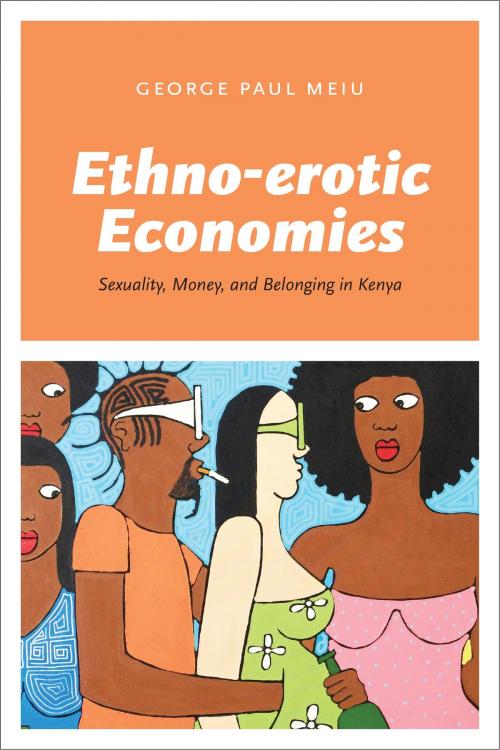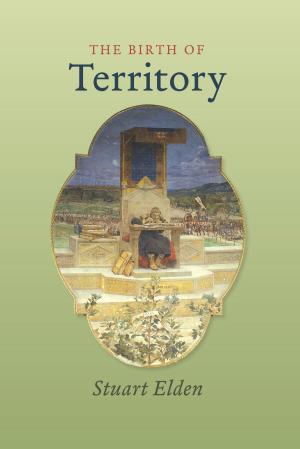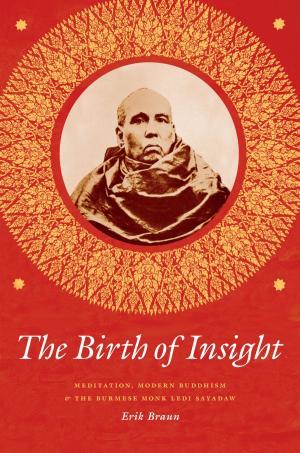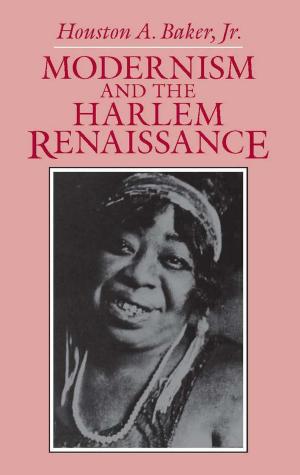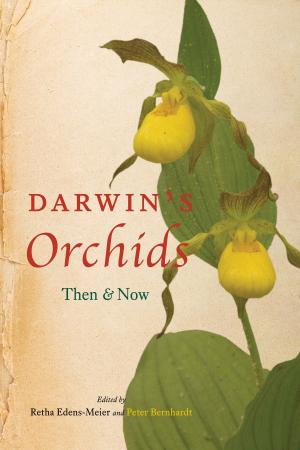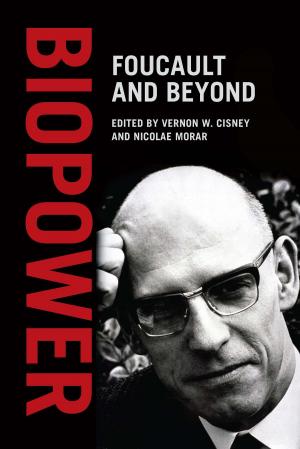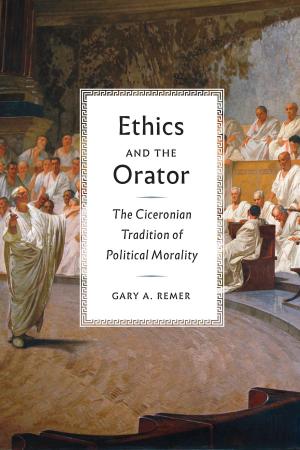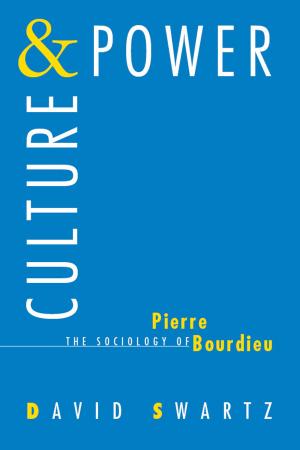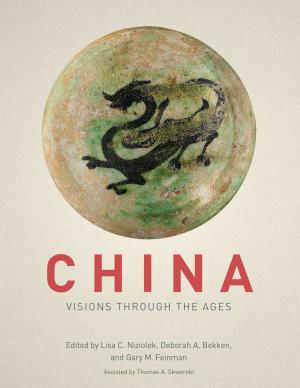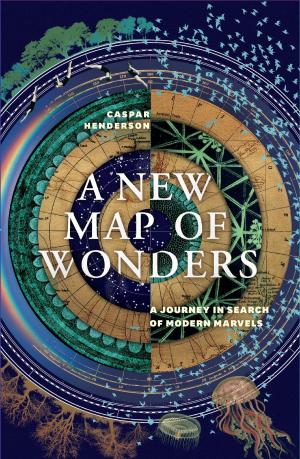Ethno-erotic Economies
Sexuality, Money, and Belonging in Kenya
Nonfiction, History, Africa, Social & Cultural Studies, Social Science, Anthropology| Author: | George Paul Meiu | ISBN: | 9780226491202 |
| Publisher: | University of Chicago Press | Publication: | October 10, 2017 |
| Imprint: | University of Chicago Press | Language: | English |
| Author: | George Paul Meiu |
| ISBN: | 9780226491202 |
| Publisher: | University of Chicago Press |
| Publication: | October 10, 2017 |
| Imprint: | University of Chicago Press |
| Language: | English |
Ethno-erotic Economies explores a fascinating case of tourism focused on sex and culture in coastal Kenya, where young men deploy stereotypes of African warriors to help them establish transactional sexual relationships with European women. In bars and on beaches, young men deliberately cultivate their images as sexually potent African men to attract women, sometimes for a night, in other cases for long-term relationships.
George Paul Meiu uses his deep familiarity with the communities these men come from to explore the long-term effects of markets of ethnic culture and sexuality on a wide range of aspects of life in rural Kenya, including kinship, ritual, gender, intimate affection, and conceptions of aging. What happens to these communities when young men return with such surprising wealth? And how do they use it to improve their social standing locally? By answering these questions, Ethno-erotic Economies offers a complex look at how intimacy and ethnicity come together to shape the pathways of global and local trade in the postcolonial world.
Ethno-erotic Economies explores a fascinating case of tourism focused on sex and culture in coastal Kenya, where young men deploy stereotypes of African warriors to help them establish transactional sexual relationships with European women. In bars and on beaches, young men deliberately cultivate their images as sexually potent African men to attract women, sometimes for a night, in other cases for long-term relationships.
George Paul Meiu uses his deep familiarity with the communities these men come from to explore the long-term effects of markets of ethnic culture and sexuality on a wide range of aspects of life in rural Kenya, including kinship, ritual, gender, intimate affection, and conceptions of aging. What happens to these communities when young men return with such surprising wealth? And how do they use it to improve their social standing locally? By answering these questions, Ethno-erotic Economies offers a complex look at how intimacy and ethnicity come together to shape the pathways of global and local trade in the postcolonial world.
